
Despite his creativity, positivity and unrelenting activism, appa treads a delicate path through his pain and his guilt for having survived.
Read more here.
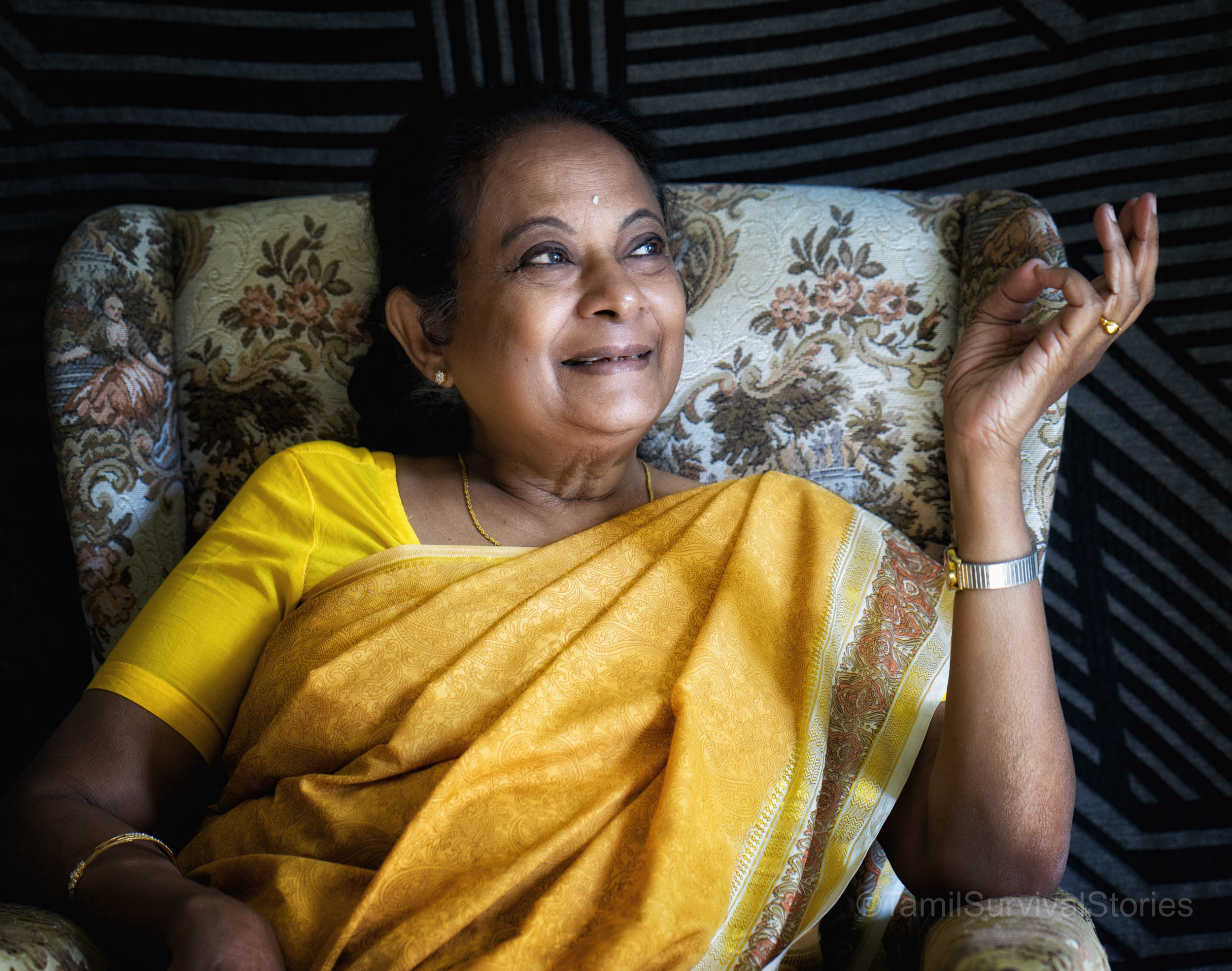
1965: Our ship was like a floating luxury village. I shared a berth with the three other single Tamil women on the boat, who like me, were heading to the UK to study nursing.
Read more here.
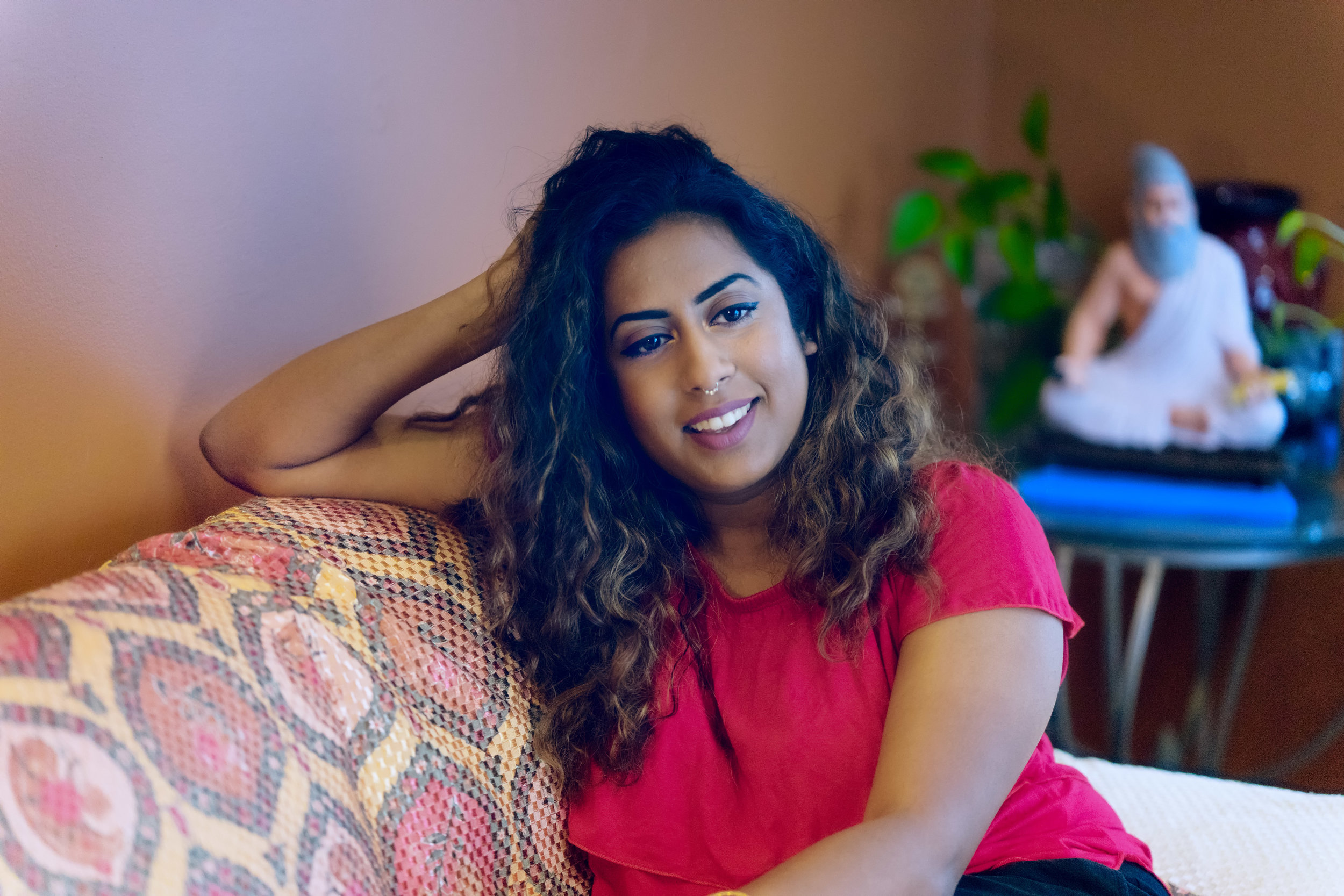
They had to do what was necessary to survive and this didn’t fit into the Tamil community’s conservative stereotypes of how girls and women should be. So they also had to resist against their own people’s norms. Along their journey they helped other women become independent, resilient and as skilful as men.
They weren’t sitting around talking about being feminists, it just happened.
Read more here.
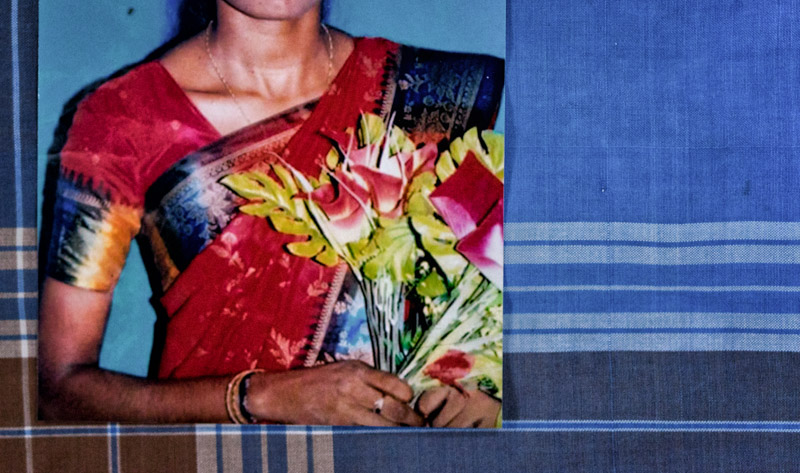
We had received news that Sinhala rioters were approaching our village, and so we left our home and went into hiding. As we were leaving, amma realised she had left my sister’s milk bottle at home. She went back to get it telling appa to keep going with us. When amma didn’t join us, appa went searching for her and found her body cut up into pieces. We left to the north soon after.
Read more here.
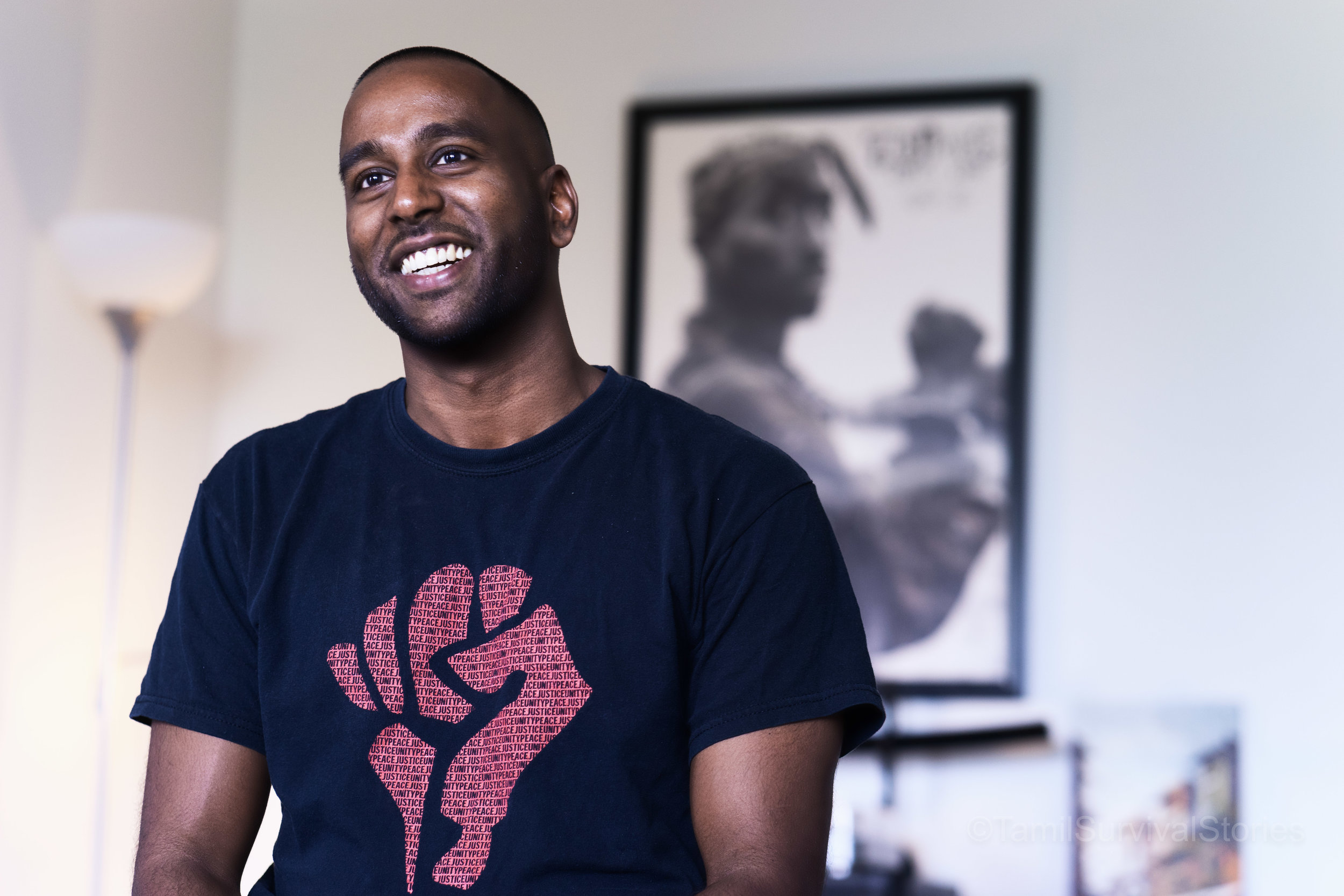
It was our solidarity allies from different communities that were with us when the bombs were dropping. This story is important because it doesn’t get told enough and as a community we have forgotten who was standing with us in our hour of need.
Read more here.
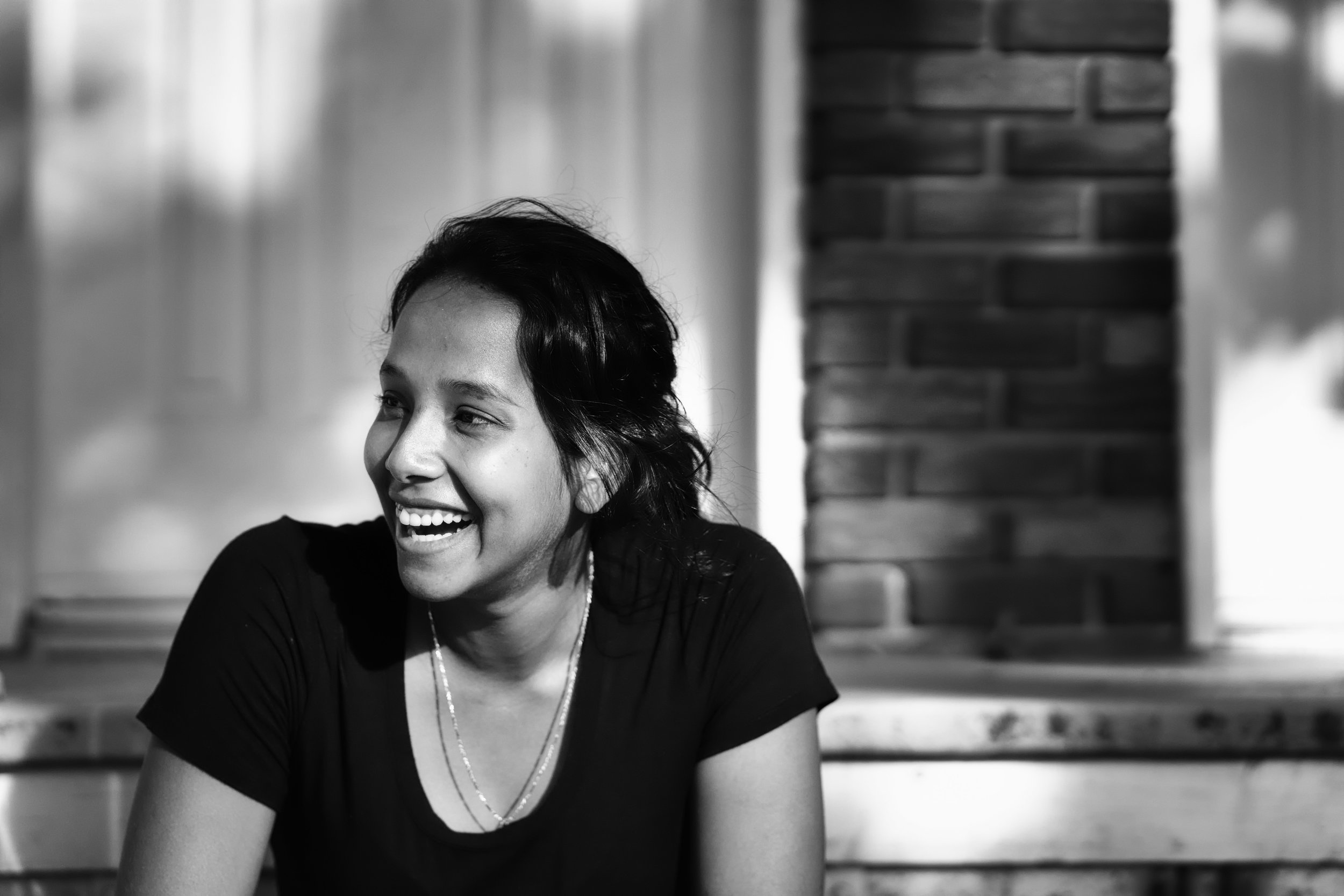
I often feel like I am fighting two wars - one for gender equality and the other for my people. If our community will fight for the rights and freedom of the Eelam Tamils, why do they think it’s okay to discriminate against women?
Read more here.
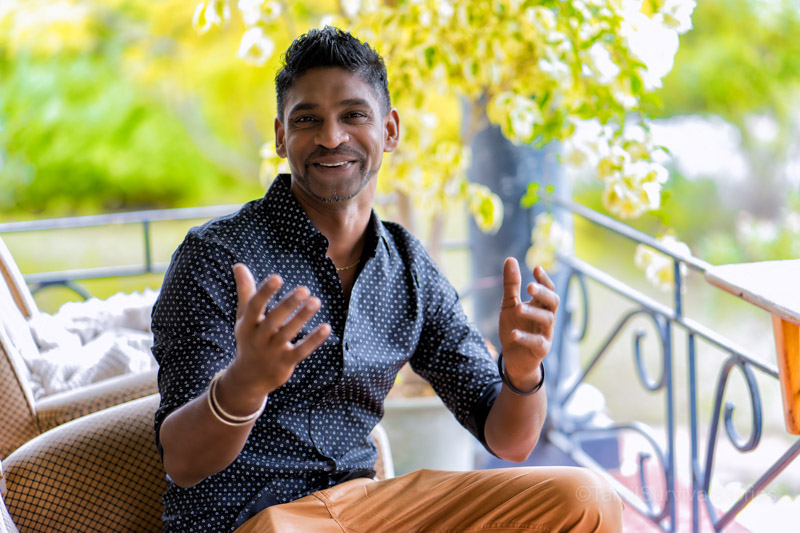
Detention is a form of psychological torture. It’s hard to heal from the trauma. At times my tears would mix in with my food and I couldn’t even eat. We were treated like animals in there. At times I wondered if taking my life would be better than being imprisoned in Nauru.
Read more here.
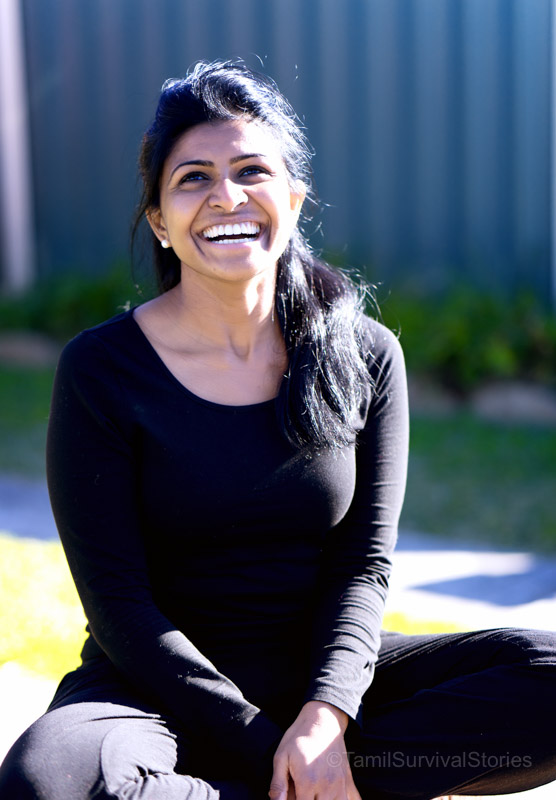
Dance is how I express myself. During war the voices of women are rarely heard. If we do see women, it’s usually through scenes of anguish. We use our dances to show the strength and resilience of Tamil women.
Read more here.
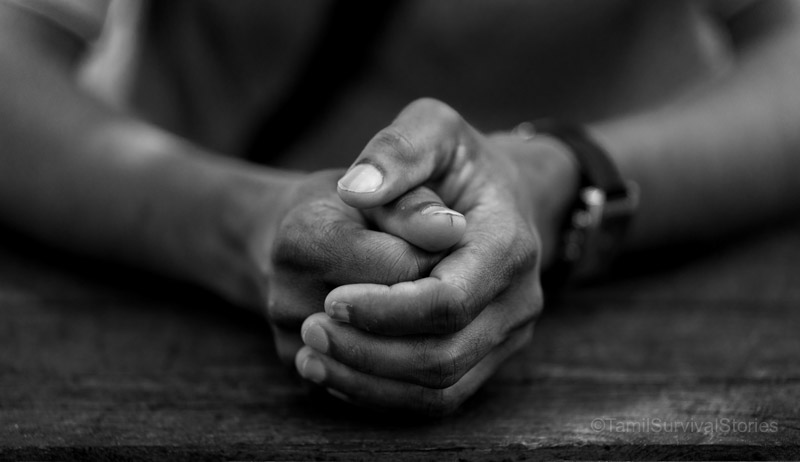
I stopped eating meat because it reminded me of burning flesh, body parts, the stench of the dying, those we had to leave to die... - 2009 Mullivaikkal genocide survivor, Toronto, Canada.
* identity withheld
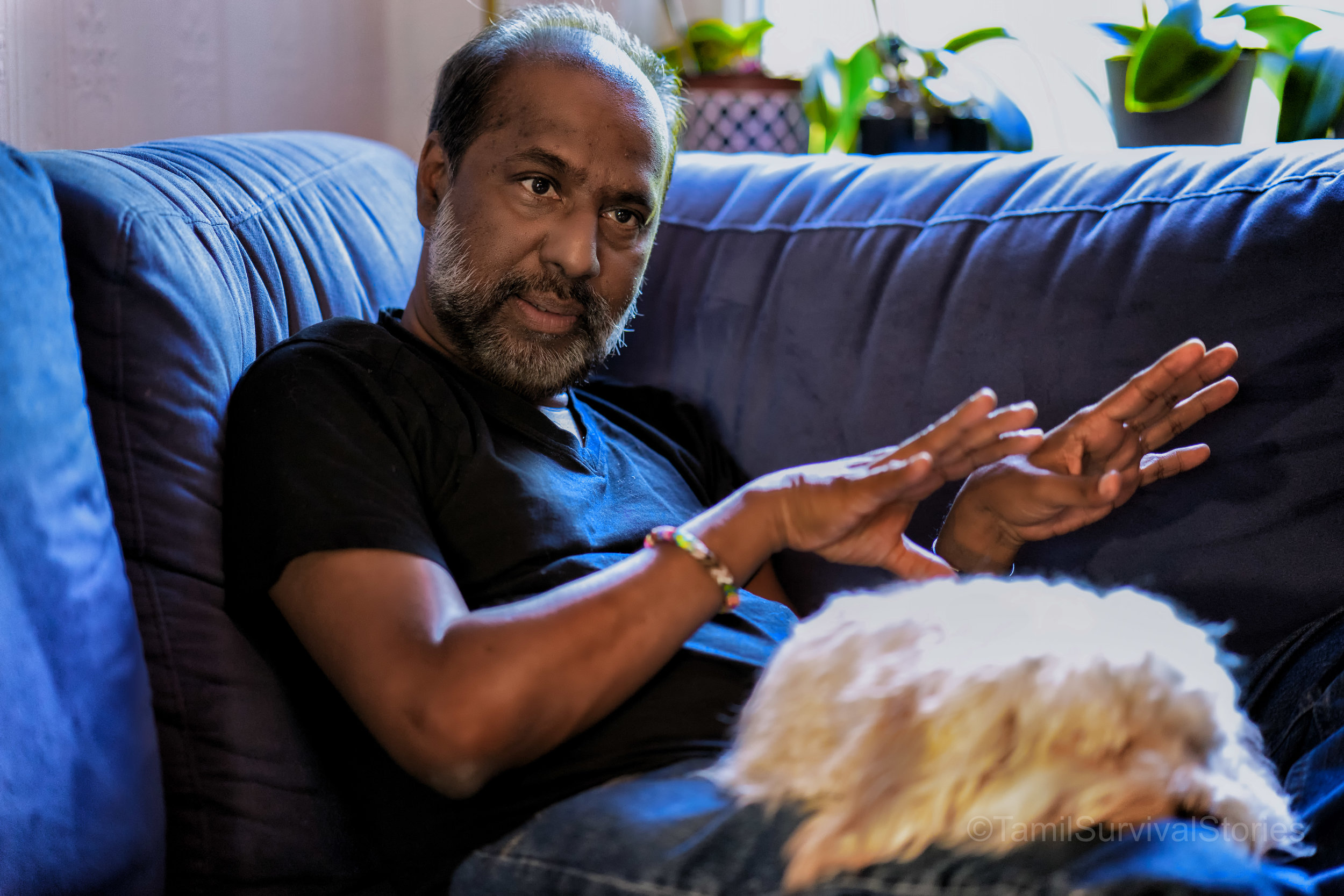
These stories illustrate that the struggle for liberation is also a struggle for freedom of expression. You can’t separate the two. I strongly believe that no “supreme emergency” situation can justify censorship or curtailment of our freedom of expression.
Read more here.
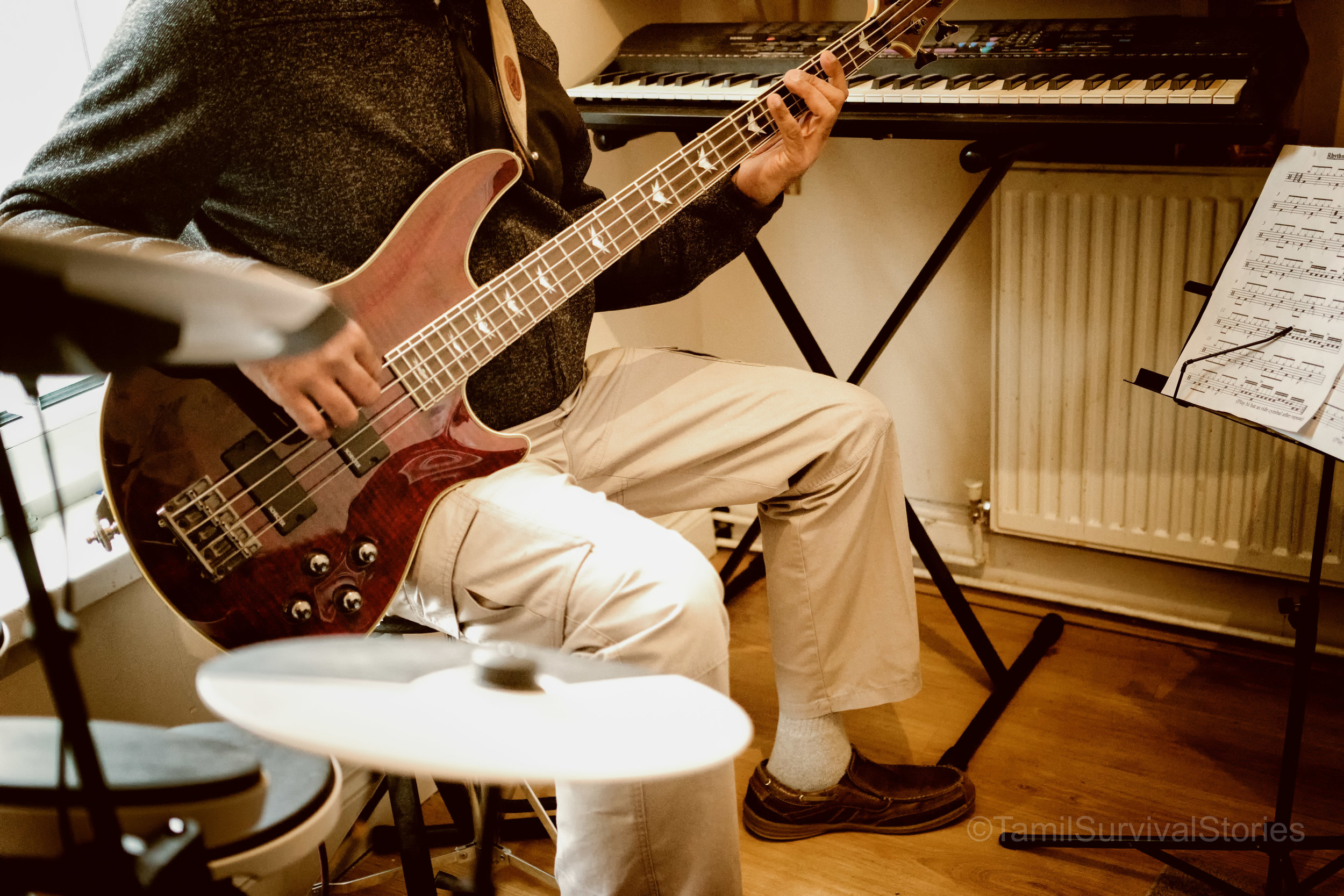
When I arrived here, my younger brother paid for me to take guitar lessons in the hope that it would help ease the anxiety of being separated from my wife and children. I didn't know when I would see them again. The nightmares were frequent.
*identity withheld
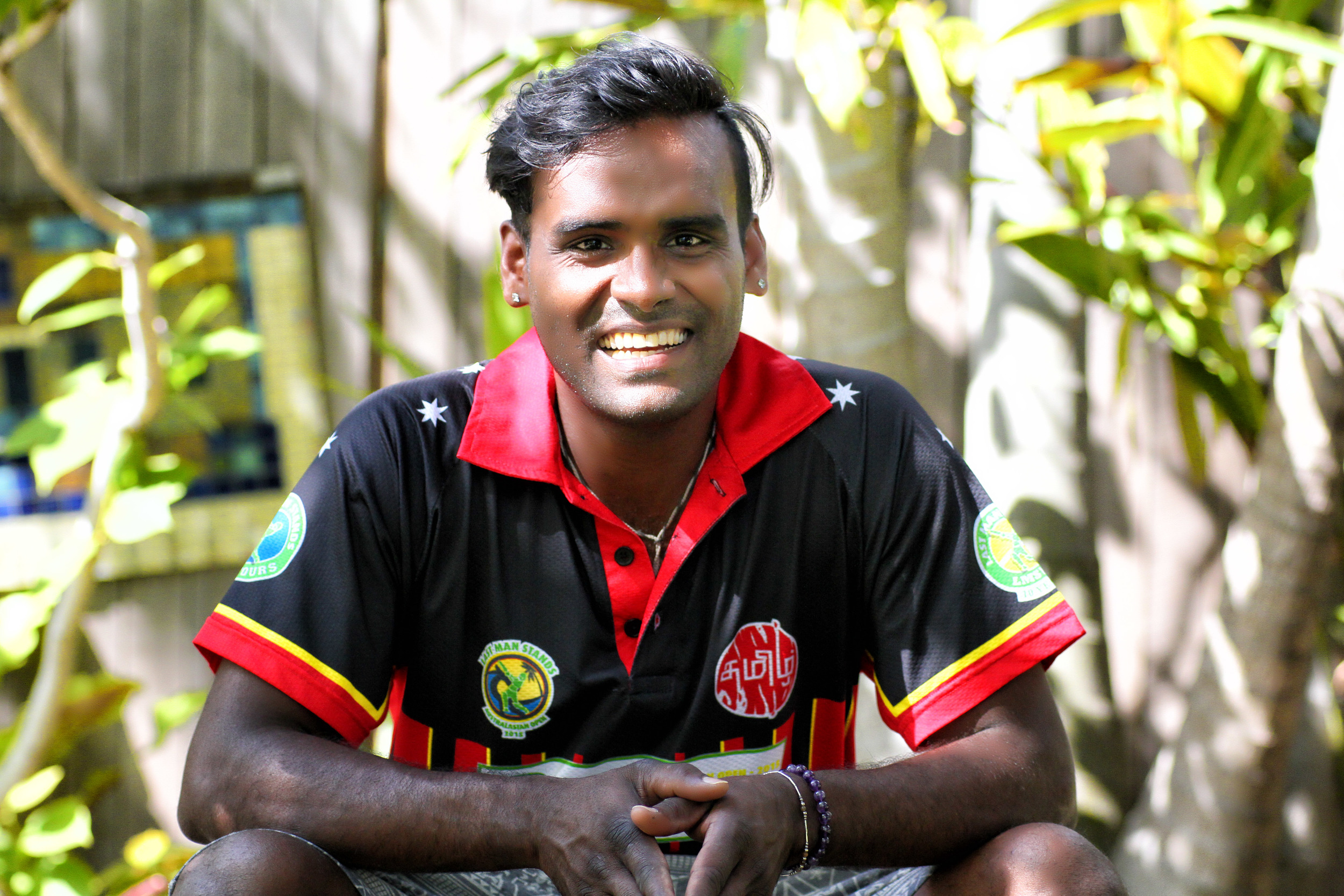
Every morning she would collect fresh milk from the farm for us to drink with our chai, but that morning it didn’t come. Everyone was moving around me, shouting orders and directions, collecting belongings from around the houses. We had to leave. And just like that, without our morning milk, our family become displaced.
Read more here.
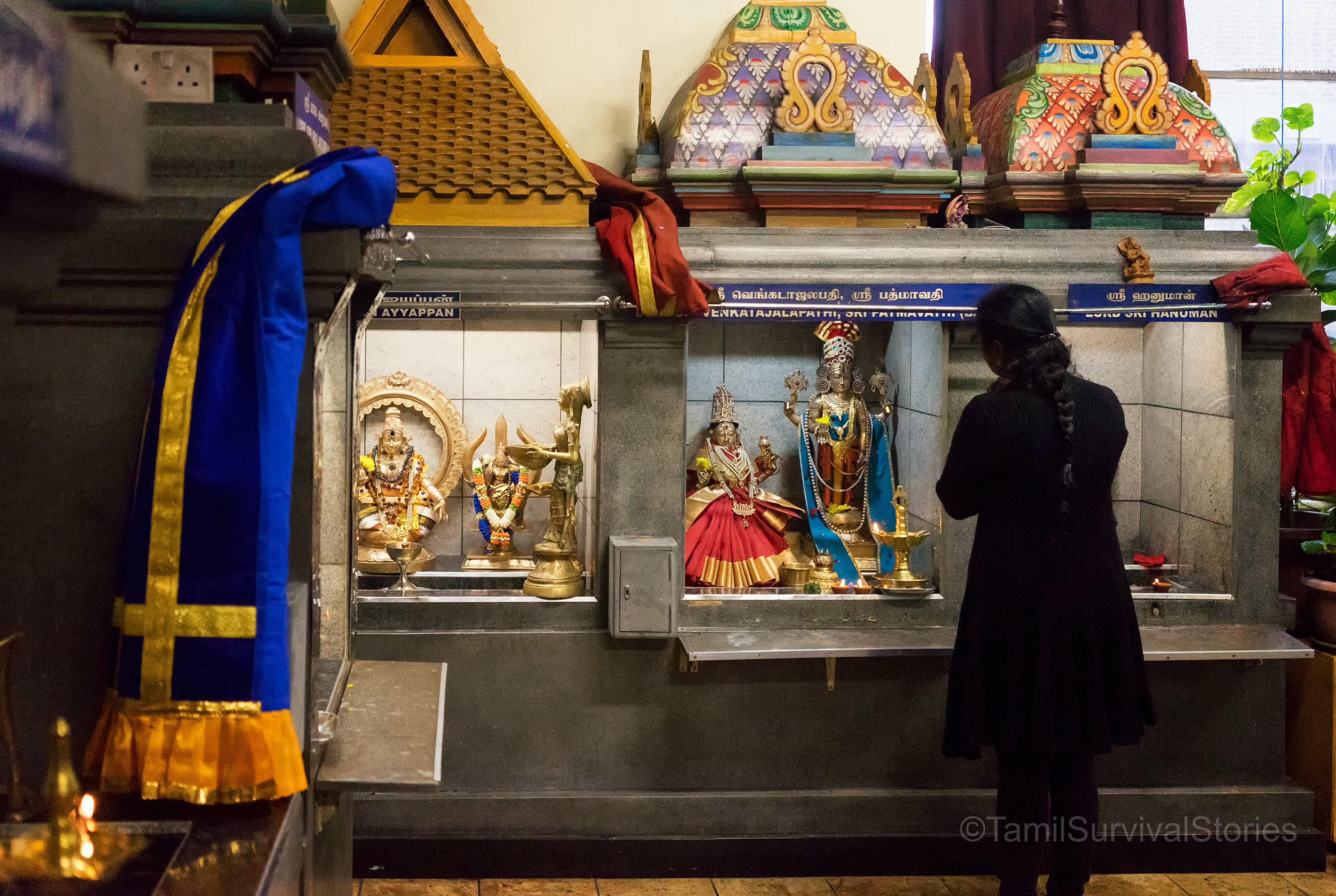
My escape was by a stroke of luck. A young Tamil man who was working with the security forces, recognised me and smuggled me out in the boot of a car that night. I was in darkness again. I had to put my life in the hands of someone I barely knew.
Read more here.
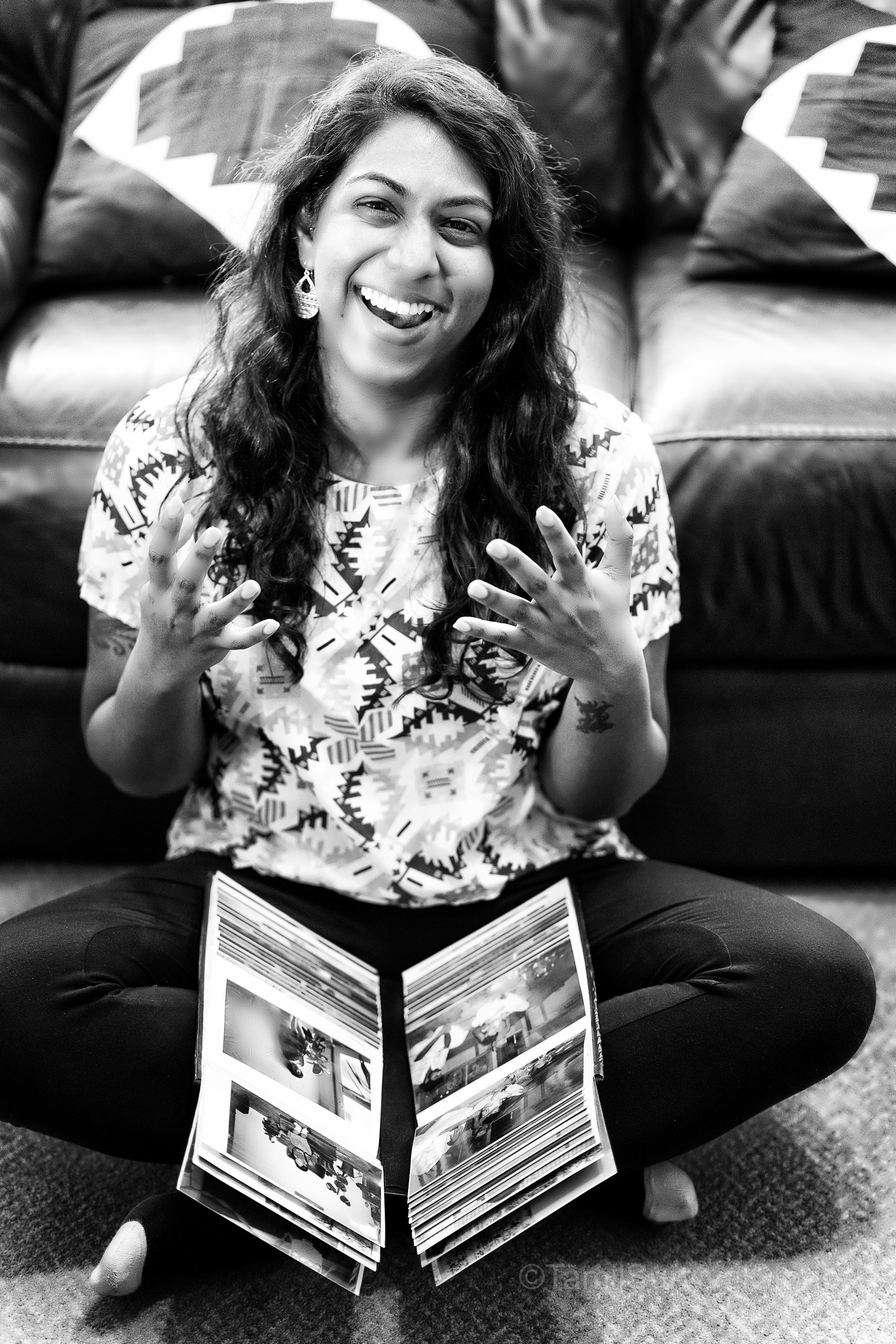
Ever since childhood, I have endured negative comments about my skin tone. These comments would mainly be from Tamil people ie family and friends, as well as other South Asians. I feel that is a reflection on how racist South Asians as a whole, can be; and that although Tamil people can be a victim of this, we tend to also propagate it too.
Read more here.
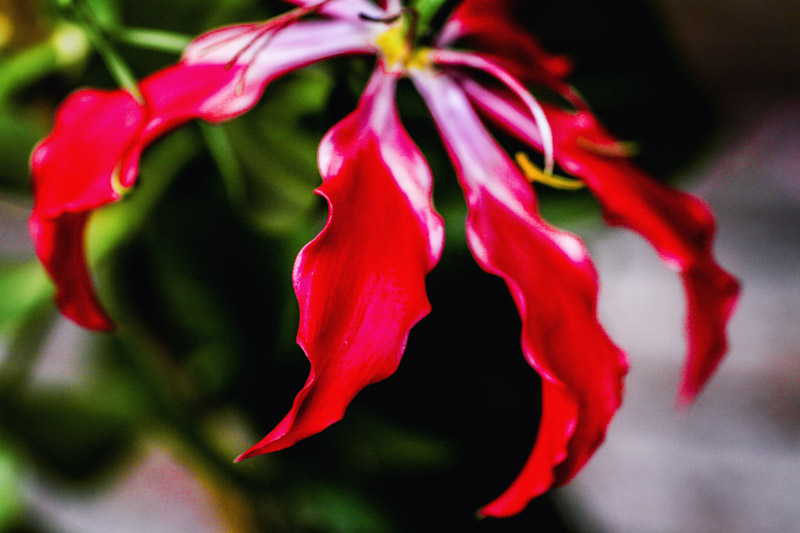
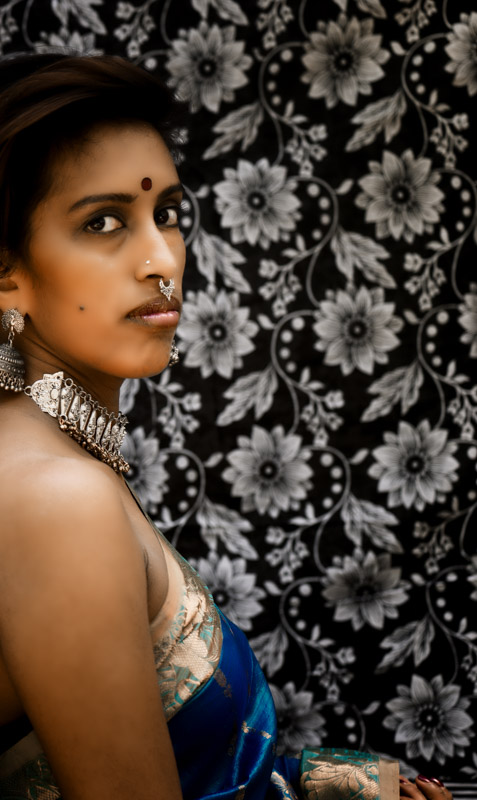
















Despite his creativity, positivity and unrelenting activism, appa treads a delicate path through his pain and his guilt for having survived.
Read more here.
1965: Our ship was like a floating luxury village. I shared a berth with the three other single Tamil women on the boat, who like me, were heading to the UK to study nursing.
Read more here.
They had to do what was necessary to survive and this didn’t fit into the Tamil community’s conservative stereotypes of how girls and women should be. So they also had to resist against their own people’s norms. Along their journey they helped other women become independent, resilient and as skilful as men.
They weren’t sitting around talking about being feminists, it just happened.
Read more here.
We had received news that Sinhala rioters were approaching our village, and so we left our home and went into hiding. As we were leaving, amma realised she had left my sister’s milk bottle at home. She went back to get it telling appa to keep going with us. When amma didn’t join us, appa went searching for her and found her body cut up into pieces. We left to the north soon after.
Read more here.
It was our solidarity allies from different communities that were with us when the bombs were dropping. This story is important because it doesn’t get told enough and as a community we have forgotten who was standing with us in our hour of need.
Read more here.
I often feel like I am fighting two wars - one for gender equality and the other for my people. If our community will fight for the rights and freedom of the Eelam Tamils, why do they think it’s okay to discriminate against women?
Read more here.
Detention is a form of psychological torture. It’s hard to heal from the trauma. At times my tears would mix in with my food and I couldn’t even eat. We were treated like animals in there. At times I wondered if taking my life would be better than being imprisoned in Nauru.
Read more here.
Dance is how I express myself. During war the voices of women are rarely heard. If we do see women, it’s usually through scenes of anguish. We use our dances to show the strength and resilience of Tamil women.
Read more here.
I stopped eating meat because it reminded me of burning flesh, body parts, the stench of the dying, those we had to leave to die... - 2009 Mullivaikkal genocide survivor, Toronto, Canada.
* identity withheld
These stories illustrate that the struggle for liberation is also a struggle for freedom of expression. You can’t separate the two. I strongly believe that no “supreme emergency” situation can justify censorship or curtailment of our freedom of expression.
Read more here.
When I arrived here, my younger brother paid for me to take guitar lessons in the hope that it would help ease the anxiety of being separated from my wife and children. I didn't know when I would see them again. The nightmares were frequent.
*identity withheld
Every morning she would collect fresh milk from the farm for us to drink with our chai, but that morning it didn’t come. Everyone was moving around me, shouting orders and directions, collecting belongings from around the houses. We had to leave. And just like that, without our morning milk, our family become displaced.
Read more here.
My escape was by a stroke of luck. A young Tamil man who was working with the security forces, recognised me and smuggled me out in the boot of a car that night. I was in darkness again. I had to put my life in the hands of someone I barely knew.
Read more here.
Ever since childhood, I have endured negative comments about my skin tone. These comments would mainly be from Tamil people ie family and friends, as well as other South Asians. I feel that is a reflection on how racist South Asians as a whole, can be; and that although Tamil people can be a victim of this, we tend to also propagate it too.
Read more here.













